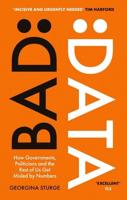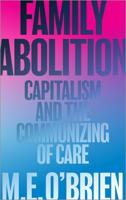Publisher's Synopsis
This text aims to contribute to current debates on the labour market via an exploration of the significance of sexual and family relations in structuring employment. Through detailed studies of conditions of work in the British tourist industry, it shows how men and women are constituted as different kinds of "workers" in the labour market, not only when segregated in different occupations but also even when they are nominally located in the same jobs.;This differentiation is shown to be connected to two key processes: the sexualization of women workers which locates women as sexual, as well as economic, workers; and the operation of family work relations within the sphere of employment, when women work as wives rather than waged labourers in the context of the contemporary labour market. These two processes are then drawn together to show the ways in which labour-market production is gendered.









